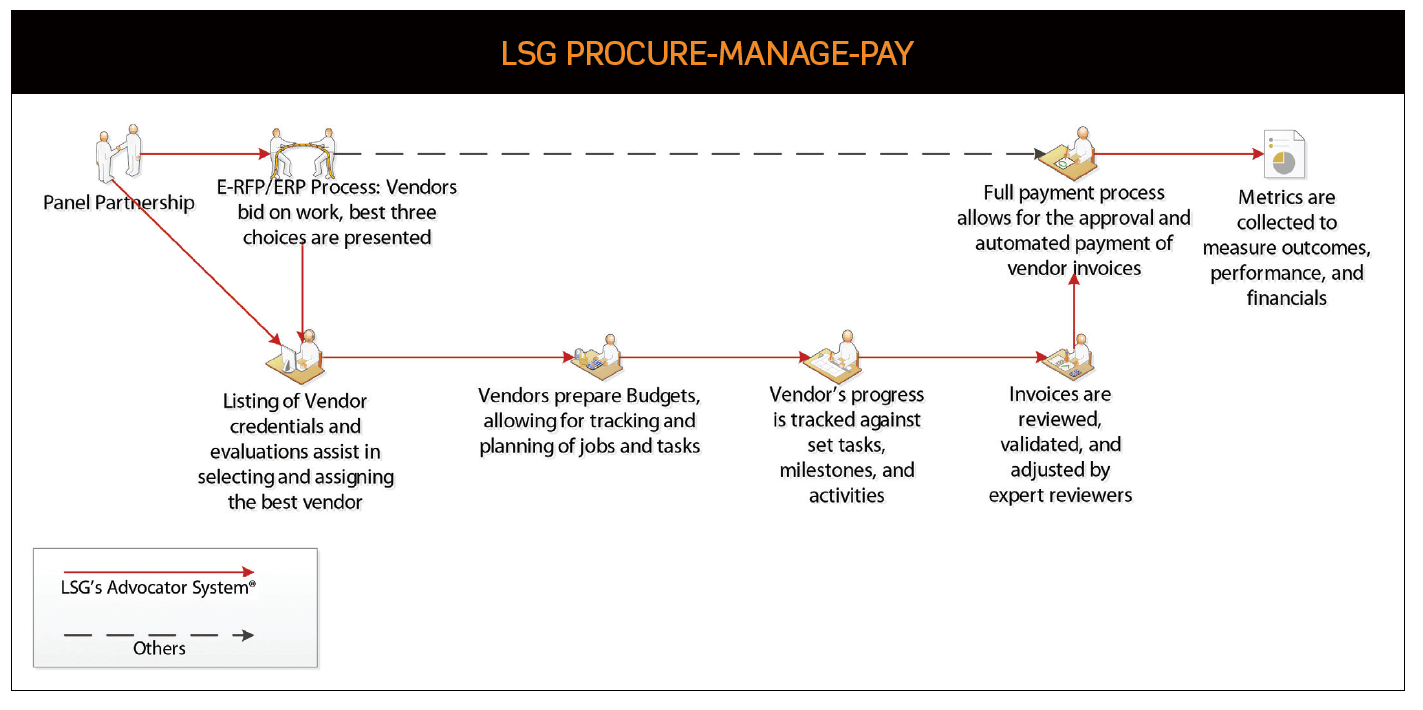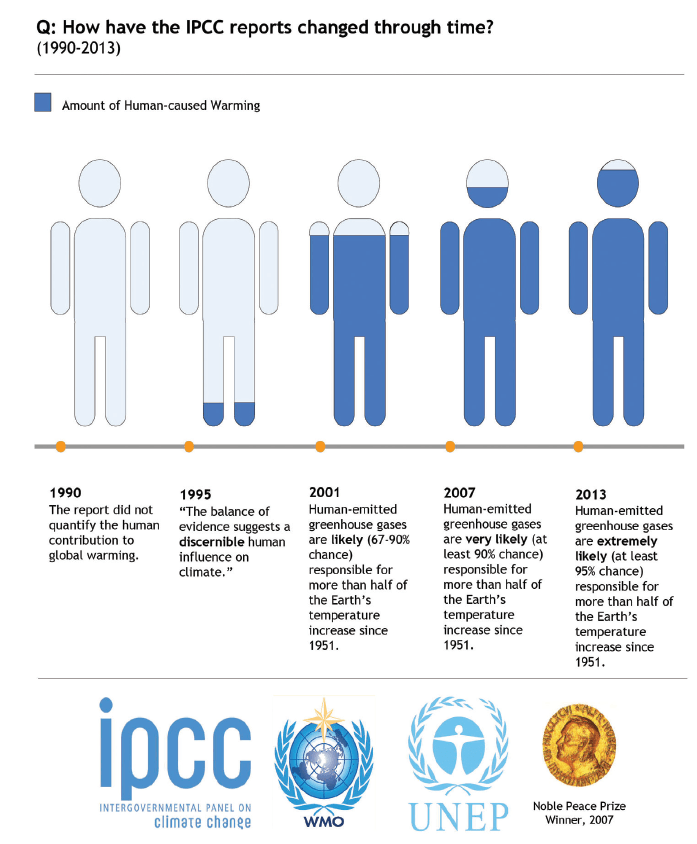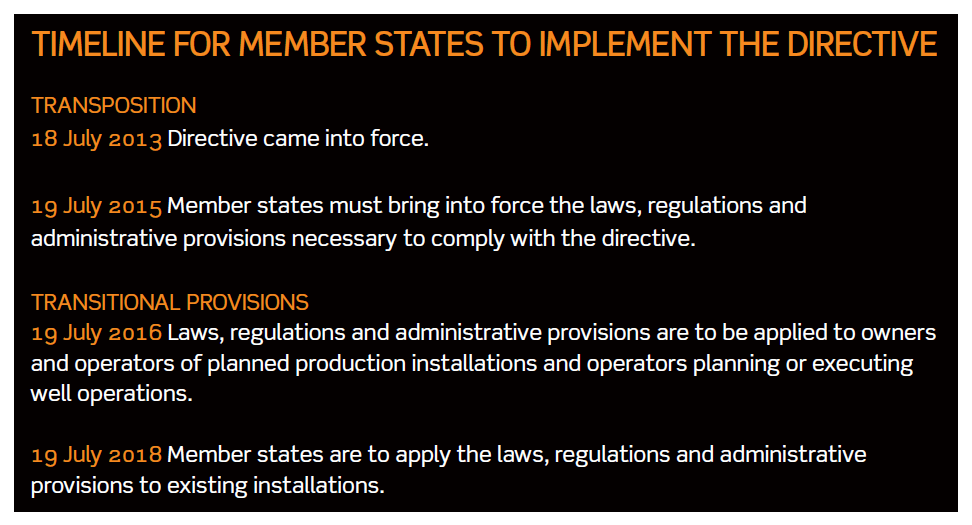In May 2014, it will be ten years since Regulation No 1/2003 entered into force. When the legislator of the European Union adopted this Regulation on 16 December 2002, its main objective was to decentralise the enforcement of the two main provisions of EU antitrust law, Articles 81 and 82 of the Treaty establishing the European Community (now Articles 101 and 102 of the Treaty on the Functioning of the European Union (TFEU)). Where do the arbitrators fit in this picture? Continue reading “The role of arbitrators in EU antitrust law”
Restoring environmental damage: putting a price on ecosystem services
On 7 August 2009 a 40-inch pipeline ruptured, spilling 5,400 cubic metres of crude oil into the soil and groundwater of La Crau nature reserve in southern France, a habitat protected under French and European law. The operator had to excavate and replace 60,000 tons of soil, install 70 wells to pump and treat groundwater and 25 pumps to skim oil from surface water, at a cost in the region of €50m. However, this was just the primary remediation (that is, restoring the site to the state it would have been if the damage had not occurred). Continue reading “Restoring environmental damage: putting a price on ecosystem services”
Playing fair with penalty clauses
It is often difficult to predict what will be recoverable as damages for breach of contract. To provide some certainty, parties will often seek to agree the sum that will be payable in the event of specified breaches.
It is well established that such an approach does not present a problem if the sum agreed is a genuine pre-estimate of the probable loss (often referred to as a liquidated damages clause), in which case the claimant will only need to prove that the relevant breach has occurred and not the actual loss. The problem lies where the clause does not represent a genuine estimate of loss but instead is designed to deter a party from breaching the contract, in which case it will be deemed to be a penalty clause and will be unenforceable, leaving the claimant to rely upon normal contractual principles for establishing the damage caused, including the requirement on it to mitigate its losses (see Jobson v Jobson [1989]). It is for this reason that defendants, when faced with contractual claims, will often seek to argue that such clauses are penalties. Continue reading “Playing fair with penalty clauses”
E-procurement for professional services, procure-manage-pay and the power of metrics
Technology is playing an increasingly prominent role in the world of vendor/supplier sourcing and procurement management. Recent advances in the world of electronic procurement and supplier management technology span many different industries.
Leveraging buying power is a driving force in the use of procurement technologies. Small to medium-sized organisations may also take advantage of an abundance of software tools and support services which are readily available at competitive prices. Any service or product – from paperclips to lawyers – may now be sourced, procured and managed electronically. Continue reading “E-procurement for professional services, procure-manage-pay and the power of metrics”
Behind the corporate veil: is that all there is?
That companies have an existence entirely separate to that of their shareholders and directors is a foundational principle of English law and commerce.
But, however much historians and economists (and economic historians) may enjoy surveying the grand historical sweep of the development of trade and increasing prosperity, and the role of the company in that story, the practical effect of the company’s separate legal personality can cause difficult questions to arise in the day-to-day practice of law. Continue reading “Behind the corporate veil: is that all there is?”
The Taylor Report: worth the wait?
The long-awaited Review of Expenses and funding of civil litigation (The Taylor Report) was published on 11 September 2013. This independent review by the former Sheriff Principal of Glasgow and Strathkelvin, James Taylor, began in March 2011 and culminated in a report detailing 85 recommendations that are designed to improve ‘access to justice in a meaningful way’. The report does not seek to set out a trailblazing and radical set of reforms but rather concentrates on adapting and amending the current arrangements, albeit with some new and interesting approaches. Continue reading “The Taylor Report: worth the wait?”
EU product safety and market surveillance package
As part of the European Commission’s continued commitment to product safety, the Commission has proposed a product safety and market surveillance package for ‘safer products and more fair play in the internal market’. The aim is two-fold: primarily, strengthening consumer protection with a new Regulation on Consumer Product Safety (COM (2013) 78). Secondly, rationalising and strengthening market surveillance powers and obligations to provide fair competition for businesses across the member states. This will be achieved by the introduction of a specific Regulation on Market Surveillance of Products (COM (2013) 75). Continue reading “EU product safety and market surveillance package”
You can’t always get what you want
Recent cases have illustrated a growing trend of third parties, often themselves involved in litigation, seeking to obtain documents not only from the court file, but also at trial, in relation to other similar or related litigation. This bulletin summarises the law and practice in relation to the different categories of documents that are frequently the subject of disclosure requests or applications by third parties taking advantage of the policy of ‘open justice’; it also addresses the steps which a party to a dispute can take to keep those documents confidential. Continue reading “You can’t always get what you want”
Employing Croatian nationals following the country’s entry into the EEA
On 1 July 2013, Croatia joined the European Economic Area (EEA) and, as such, Croatian citizens are now able to enter and reside in the UK without needing to acquire a visa – provided they are not an unreasonable burden on public funds.
In order to remain in the UK longer than three months, they must either be employed, self-sufficient, self-employed or a student. Implemented by the Accession of Croatia (Immigration and Worker Authorisation) Regulations 2013, the UK has also opted to apply transitional restrictions on access to the labour market for Croatian nationals. Continue reading “Employing Croatian nationals following the country’s entry into the EEA”
Climate change from science to business: the game changing report from the IPCC
Some are hailing it as a ‘landmark’ report. Other prominent figures in the business world are saying it is the ‘tipping point’ on climate change – they are talking about the Summary for Policymakers of the fifth assessment report, which was published by the Intergovernmental Panel on Climate Change (IPCC) at the end of September. This report has caused front-page headlines, countless articles in trade journals across industry sectors and a range of commentary from various political figures.
The IPCC is the leading international body for the assessment of climate change and was established by the United Nations Environment Programme (UNEP) and the World Meteorological Organization (WMO) in 1988. Its mandate is to: Continue reading “Climate change from science to business: the game changing report from the IPCC”
What’s in a name? High Court delivers ruling on availability of rectification for misnomer and mistake in Liberty Mercian v Cuddy
Correctly recording the name of a contracting party within written documentation sounds elementary. However, the reality is that in the modern corporate age, where companies within the same group often use very similar names to one another and further compound confusion by using generic trading names, identifying the appropriate contractual party is not so straightforward. Naming the wrong party in a contract can be very problematic, as it could well mean the counterparty is unable to enforce contractual rights and in certain circumstances can completely transform the nature of the bargain they believed they were entering into. However, if such a mistake proves beneficial to the counterparty, they will likely seek to uphold the agreement as recorded. Continue reading “What’s in a name? High Court delivers ruling on availability of rectification for misnomer and mistake in Liberty Mercian v Cuddy”
Offshore oil and gas safety directive now in force
In the wake of the Macondo oil spill in the Gulf of Mexico, the new EU directive in respect of safety of offshore oil and gas operations is now in force and a timescale has been fixed for it to be transposed into UK law by UK legislation. It sets out the minimum conditions for safe offshore oil and gas operations and for reducing the consequences of any major accidents that occur. The Directive will apply to future offshore oil and gas installations and operations and, after a slightly longer transitional period, will also apply to existing installations. Continue reading “Offshore oil and gas safety directive now in force”




